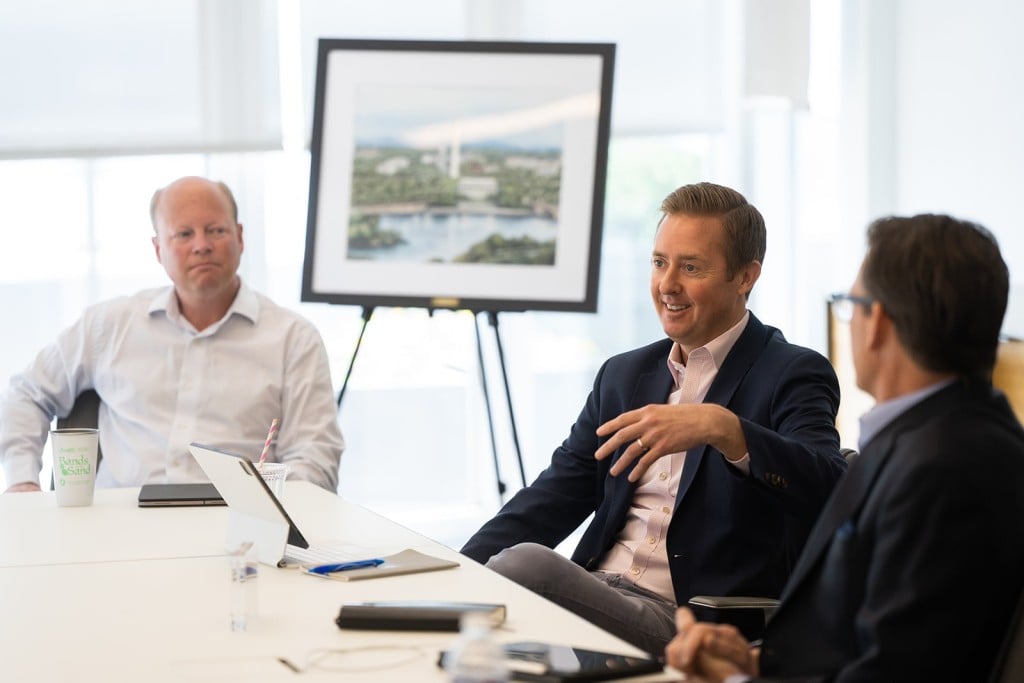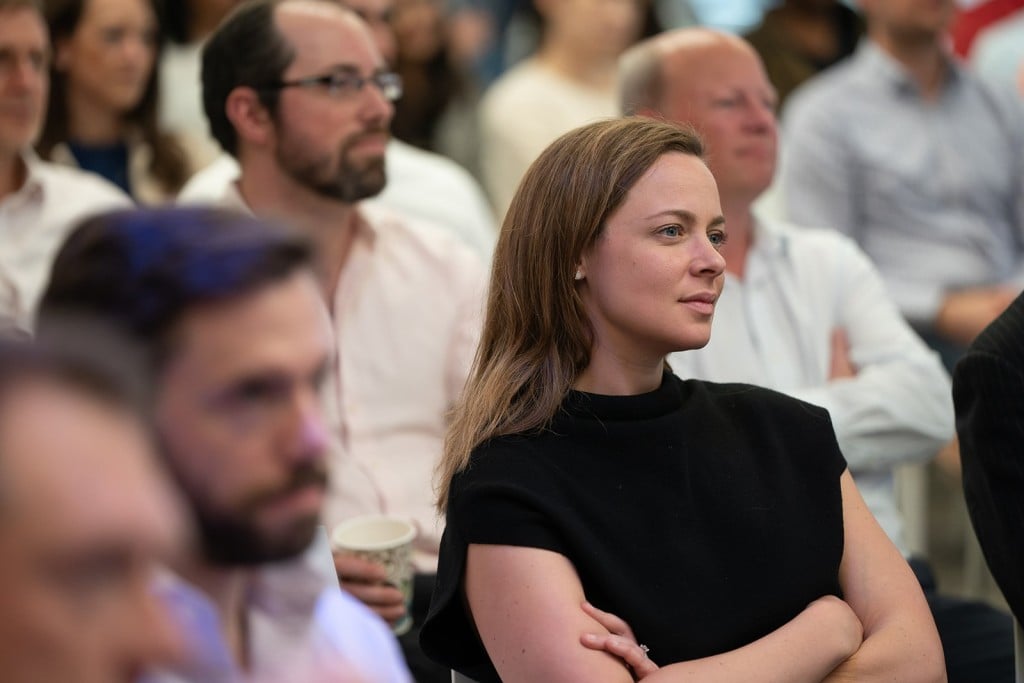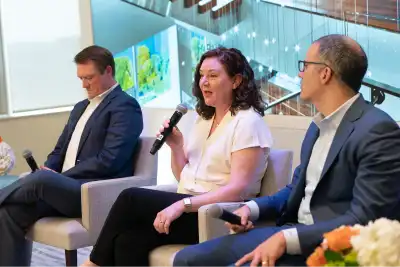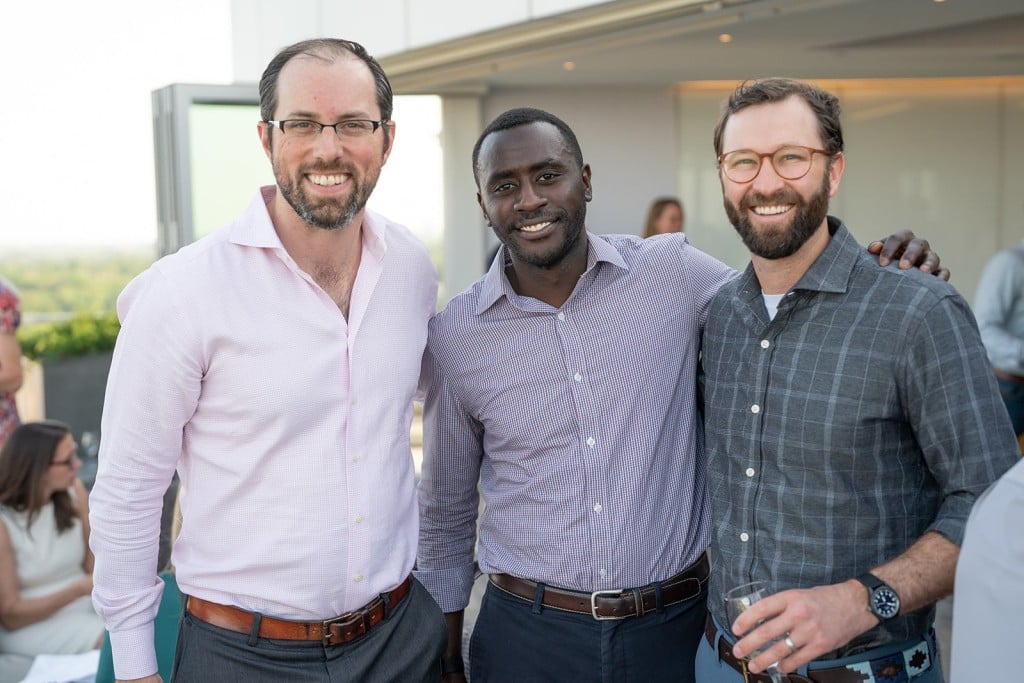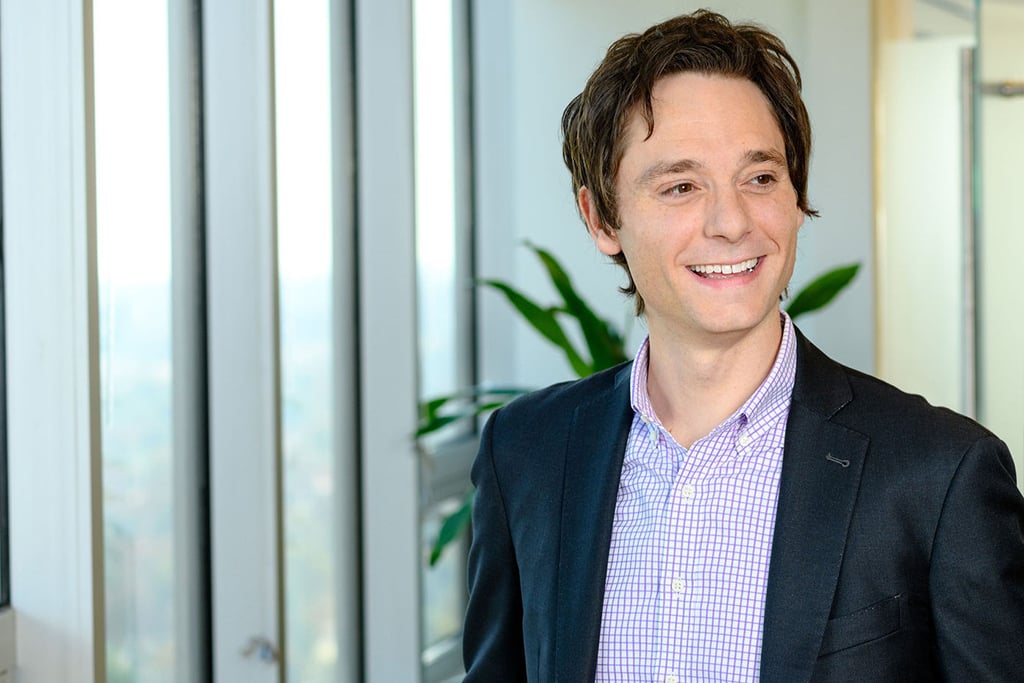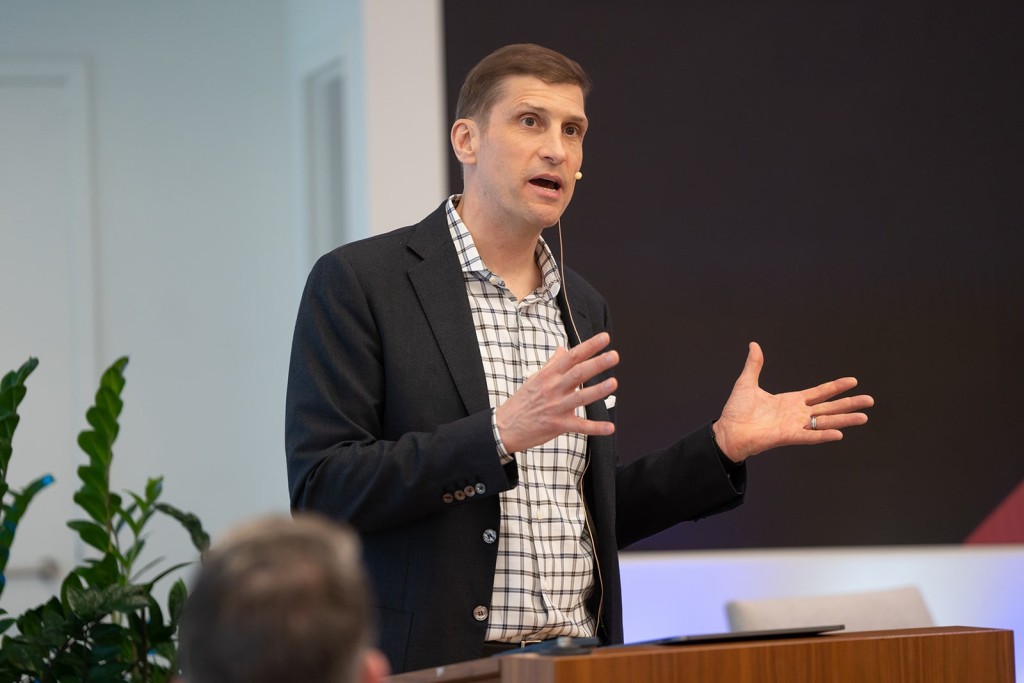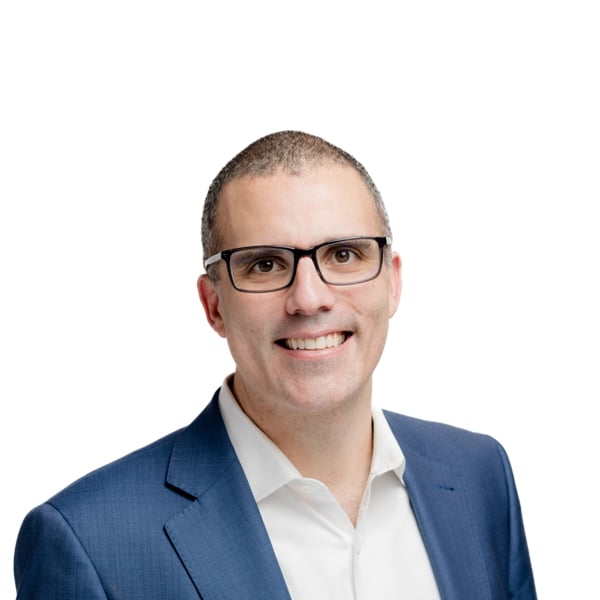Contributors
Related Articles
Executive Managing Director and Senior Portfolio Manager Brian Christiansen discusses the importance of candor, collaboration, and entrepreneurialism in creating a culture that promotes long-term thinking.
Coming out of business school, I saw firsthand the importance of an investment-firm culture that embraces long-term thinking. I rejoined Sands Capital in 2009 amid the global financial crisis. At the time, many of my business school classmates in the financial sector had their job offers rescinded. With the world seemingly imploding around me, Frank Sands Sr., our founder, pulled me aside at a company gathering. In addition to reassuring me that my offer to return to Sands Capital was secure, he told me that the company typically viewed periods of broader dislocation as an opportunity to invest in the business. While other firms were rescinding offers and letting people go, Sands Capital was hiring. And the same is true today. Amid the market volatility of the past years, we have continued to invest in our technology and people, with our staff growing by approximately 40 percent across our business units since 2020.
The senior leadership team’s commitment to long-term thinking left an indelible mark on me as a young analyst in the depths of the financial crisis. Of course, the type of culture that allows for this long-term thinking doesn’t happen by accident. As a staff-owned firm, the people who come to work every day are also the owners of the company. This not only allows for a longer-term investment horizon, but it also enables the company itself to operate with a decade-plus lens rather than focusing on short-term goals such as increasing dividends or quarterly profit for a parent company. This structure naturally aligns and incents our long-term business outcomes with our client investment outcomes.
In addition to attracting new staff members, this organizational structure helps with retention. In our 2022 fiscal year, our retention rate was 96 percent. Our staff recognizes that we are committed to investing in the business over the long haul and that we seek to maintain a position of financial strength to endure broader economic volatility. We believe that transparency, as it relates to both investment actions as well as firm operations, enhances the culture of the firm. We distribute investment memos broadly across the entire firm, not just to select staff as is the practice in many organizations, so every staff member has visibility into the rationale behind investment actions of our portfolios. Importantly, staff ownership is widely held and dispersed among different functions of the organization—it’s not limited to investment team members.
This creates transparency, as many members of the staff are involved in the financials of the firm and partnership meetings, and it also serves as a collective cultural tool, as our staff members understand that our success is a team effort.
Building a culture that prioritizes long-term thinking also requires proactive efforts to create an environment of candor and collaboration. We try to create an atmosphere in which our staff feels safe speaking up and sharing their thoughts, even if they may be controversial or not in line with the majority. This includes fostering open and honest communication, as well as providing opportunities for team members to learn and grow from their mistakes. Our best ideas are often built and vetted over time by good thinking from several team members. All investment team members incentives are aligned with the long-term investment outcomes of our clients, not individual stock picks.
Through our investment work, we attempt to predict the future. To do this, we sometimes need to take calculated risks in an effort to pursue high, risk-adjusted returns over the long term. In our industry, a 55 percent to 60 percent “batting average” is generally viewed as extraordinary. However, this dynamic also implies that an exceptional research analyst will likely be wrong 40 percent to 45 percent of the time. We consciously attempt to destigmatize failure—with an appreciation that we manage portfolios of both companies and people. We seek to promote accountability for outcomes while also acknowledging we are in an industry in which taking informed risks is necessary and investment failures are common, especially since most of our staff are very smart and come from competitive backgrounds and schools.
It can be difficult for new staff to adopt this mindset. Engaging a room full of your colleagues to dissect why your idea went wrong is not second nature for everyone. We have formal mentoring and coaching within the team to help analysts adjust to this candor, but we also look for opportunities to lead by example. Our senior portfolio managers are involved on the front line of research and believe it’s important to take the lead in sharing why an investment thesis did not play out as expected. All our portfolio managers were research analysts first and still think of themselves as analysts first.
Of course, we don’t just dissect the detractors. We also dissect the contributors. The point of the exercise is not about keeping score in terms of who was wrong or who was right—it’s about learning from our collective insight. If I made a mistake as a young analyst, and there was no forum for me to share what I learned, every analyst after me may have to go through that learning process of making exactly the same mistake. As a senior portfolio manager, I am still learning. Often, our younger team members can help me to look at a business or trend in a new way.
We encourage individuals to share mistakes and successes because it can help make us better as an organization. And this underscores another important part of our culture. We believe that investing is a team sport. There are no “star managers” at Sands Capital; we do not maintain an investment strategy with just one portfolio manager. We believe that the best decisions are made in small groups and have structured our research process so that analysts across sectors and strategy teams collaborate frequently. Investment recommendations are actively discussed and debated by the entire group to help inform the decision to invest in the business, pass on the new idea, or identify areas where additional research is needed. The resulting flat structure promotes the team objective of seeking the “best” businesses for the portfolio, regardless of sector or specific company coverage.
As an investment team, we have also worked through different cycles together. Short-term volatility tests long-term conviction. Having this shared experience of navigating past market crises together has built a strong sense of shared context among team members. We believe the entrepreneurial nature of our culture helps us attract and retain highly motivated talent. Thinking back to when I joined the firm over a decade and a half ago, we only had one flagship investment strategy focused on U.S. public companies. In my time here, we have expanded our geographic reach globally and broadened our investment opportunity set to include venture capital and private equity.
It has been rewarding to watch our organization grow and many of our clients meet their goals over time. To continue to grow and help our clients create wealth, we must continue investing in our culture. By prioritizing long-term thinking and creating an environment of candor, we will seek to attract and retain highly motivated staff members, foster collaboration and innovation, and make investment decisions that we believe are in the best interests of our clients, and most importantly, deliver on our mission of adding value and creating wealth over time with prudence.
Disclosures:
The views and opinions expressed herein may be those of individuals and may differ from the views and opinions expressed by Sands Capital and are not intended as a forecast, a guarantee of future results, investment recommendations, or an offer to buy or sell any securities. The views expressed were current as of the date indicated and are subject to change. This material may contain forward-looking statements, which are subject to uncertainty and contingencies outside of Sands Capital’s control. Readers should not place undue reliance upon these forward-looking statements. There is no guarantee that Sands Capital will meet its stated goals. All investments are subject to market risk, including the possible loss of principal.


